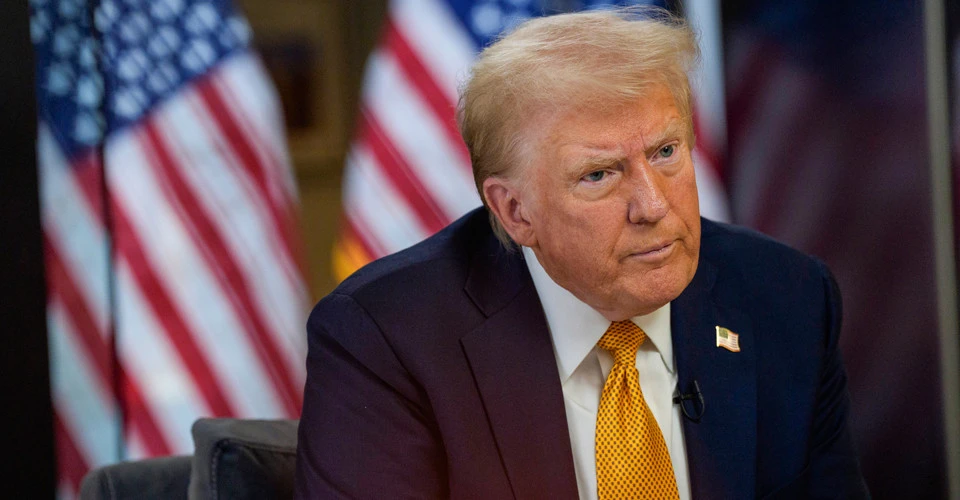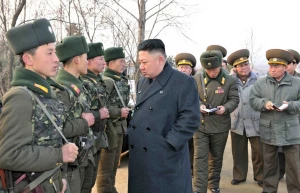
What Trump will focus on in next 3 months – and it’s not about Ukraine
In the next three months, the Trump administration’s foreign policy focus may shift from the expected areas
An expert in international politics writing for the Resurgam Telegram channel, believes that while many anticipate Trump’s team will primarily address high-profile issues like China, Ukraine, Israel, Taiwan, Canada, and Greenland, there is reason to believe that South America could become a key priority.
This insight comes from analyzing the views of Trump’s close advisers, such as Secretary of State Marco Rubio and National Security Adviser Mike Waltz. Over the last decade, they have frequently referenced the Monroe Doctrine and Reagan’s principle of "peace through strength."
Trump’s version of the Monroe Doctrine could be more modern, but it will focus on maintaining the U.S. exclusive sphere of influence in South America and preventing external powers from encroaching on the U.S. "near abroad."
Rubio and Waltz, mainly focused on containing China, are likely to direct attention toward South America. Trump’s team will use the first three months to lay the groundwork for a major deal with China, not Russia. While there are suggestions about negotiations with Putin, these are likely a tactical move without immediate expectations of success.
In the short term, Trump’s team needs two strategic objectives:
1. Domestic policy: A quick, visible success that strengthens internal loyalty, such as mass deportations of illegal immigrants.
2. Foreign policy: Preparation for a significant deal with China. This could involve a new doctrine dividing spheres of influence similar to the Monroe Doctrine, but with a focus on South America.
For this strategy to succeed, the U.S. needs to:
1. Economically pressure China by prioritizing the Panama Canal over Canada and Greenland.
2. Politically weaken China by targeting authoritarian regimes in Venezuela, Cuba, and Nicaragua.
3. Ensure the success of domestic policies, like deportations, which would be supported by creating conditions where Venezuelan and Nicaraguan citizens remain at home.
China’s and Russia’s influence in Latin America, particularly in areas like Venezuela, Cuba, and Nicaragua, along with the associated drug trafficking, are seen as weapons against the U.S. Thus, before engaging in talks with Xi Jinping, the U.S. will likely focus on reducing China’s footprint in this region.
The Panama Canal, Venezuela, Cuba, Nicaragua, and U.S. support for Argentina’s presidential candidate Javier Milei against pro-China Brazil will form the core of this unannounced strategy.
- Volodymyr Zelenskyy urges the president-elect to strengthen Ukraine's position on the battlefield before engaging in talks with Russia
- News













































